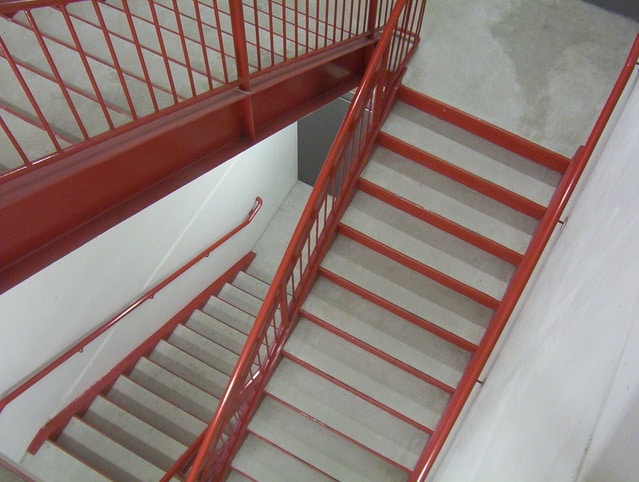One summer several years ago my son and I took a vacation to Pigeon Forge, Tennessee. I thought I planned well for the trip – estimating how much we would spend on food and entertainment, getting cash out of the bank before we left, and concluding that there was no way I would spend it all in the 4 days we were gone.
Except I did.
Once we got there, I essentially forgot about the amount of cash I had. Each time we ate or went to play mini-golf or wanted to buy something, I looked in my wallet, saw plenty of green bills, and handed a few over. Until about the end of the second day. It was then that I realized that I had spent almost all our spending money. Quickly I retraced our steps, trying to remember amounts and adding them together in my math-nerd brain. Surely I had dropped some money accidentally or placed some in a pocket. But no – I eventually concluded that my aimless spending had consumed what I thought we had too much of.
My poor planning and worse execution meant that the rest of our trip was financed from my checking account. And worse, I wasn’t sure how much I would need for paying regular monthly bills upon our return.
Spending is a necessary part of life, and some expenses (such as mortgage and rent, utility bills, and the cost of driving to and from work) are mostly non-negotiable. But other categories of our monthly budget are more flexible. Areas like groceries, spending money (aka mad money, blow money, etc.), and clothing expenses.
So when we face these expenses, how do we know when to stop? Or DO we know when to stop? Do we stop when we have bought all the things we wanted to get or felt like buying? Do we stop spending when we feel guilty? Or do we, as I did, stop when reality smacks us in the face with the cold fact that our resources are depleted?
Hopefully your answer is, “None of the above.” But, in case it IS one of the above, I’d like to give you a couple of pointers to help you be responsible and disciplined when it comes to spending in flexible areas and to avoid the guilt that accompanies over-spending.
First, do set limits. There is nothing so effective in helping us bring spending under control as creating a budget and setting specific limits. While it may feel restrictive at first, in the long run it actually gives us liberty and peace. Knowing we have “only” $100 to spend on some clothes gives us permission to spend $100, instead of wondering whether buying an extra shirt will take away from the power bill. And we feel peace later because we one area did not “steal” from another.
This requires some thinking ahead. If you need to buy for a dinner you’re hosting, budgeting $25 is probably not going to cut it. But neither is saying, “Well, I’ll just get what I need, and it will cost what it costs.” The former leaves you with a really skimpy party; the latter leaves you wondering how you spent so much.
Second, spend with cash where you can. Sure, you can’t buy things online with cash. But you can buy things in the store with it. This is where the envelope system comes in handy. We place a specific amount of money in the envelope for that category, and when the envelope is empty, we’re done spending there. It also helps to keep track of the total as we go. The thought of getting to the register and finding the total is a fair amount more than you budgeted for is a pretty good incentive to track as the cart fills up.
Third, give yourself a little margin for error, especially the first few times you set limits. Now, this is no excuse to spend double or triple what you said you were going to spend, but it does give you that little bit of space if an item puts you just over. I remember the story of a mom whose son had saved for a toy he wanted. When he finally had the money, they went to the store to buy it. But at the checkout, the added cost of tax made the total more than the boy had. Instead of helping out, the mom disappointed the child by telling him he just didn’t have enough. She missed a lesson on grace and margin in favor of teaching a lesson on, I don’t know, precision?
Sometimes it will just be a little over. However, if you find that you are constantly over, and that you often have to absorb an overage with margin, you either need to shop more conservatively or budget more realistically. Either way, as we progress, margin should be a rarely-used buffer, not worn-out padding.
As with managing our time, we feel more in control of our money when we plan how to spending it rather than drifting and letting money (or our wants) decide where to spend.
What things do you do to keep yourself from over-spending?






